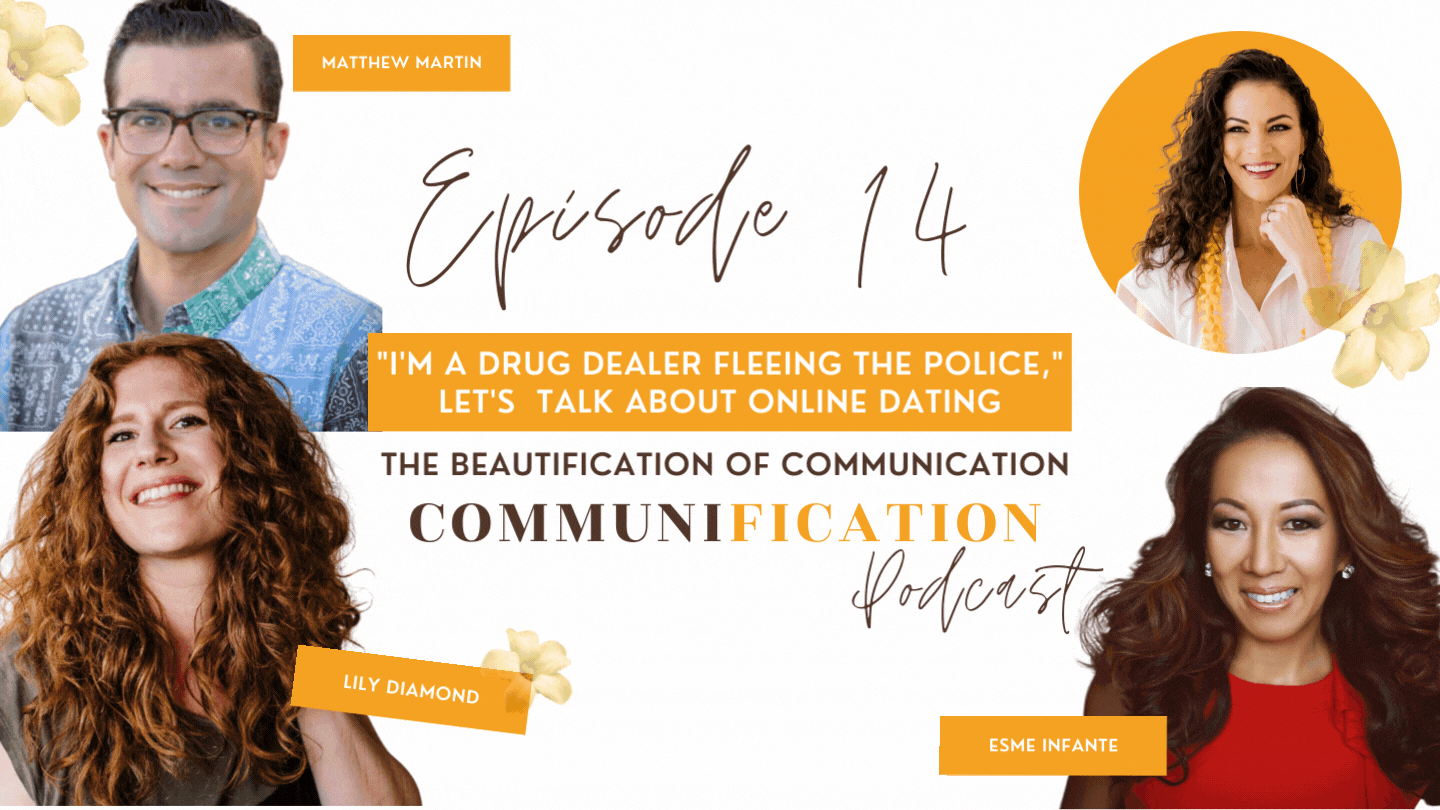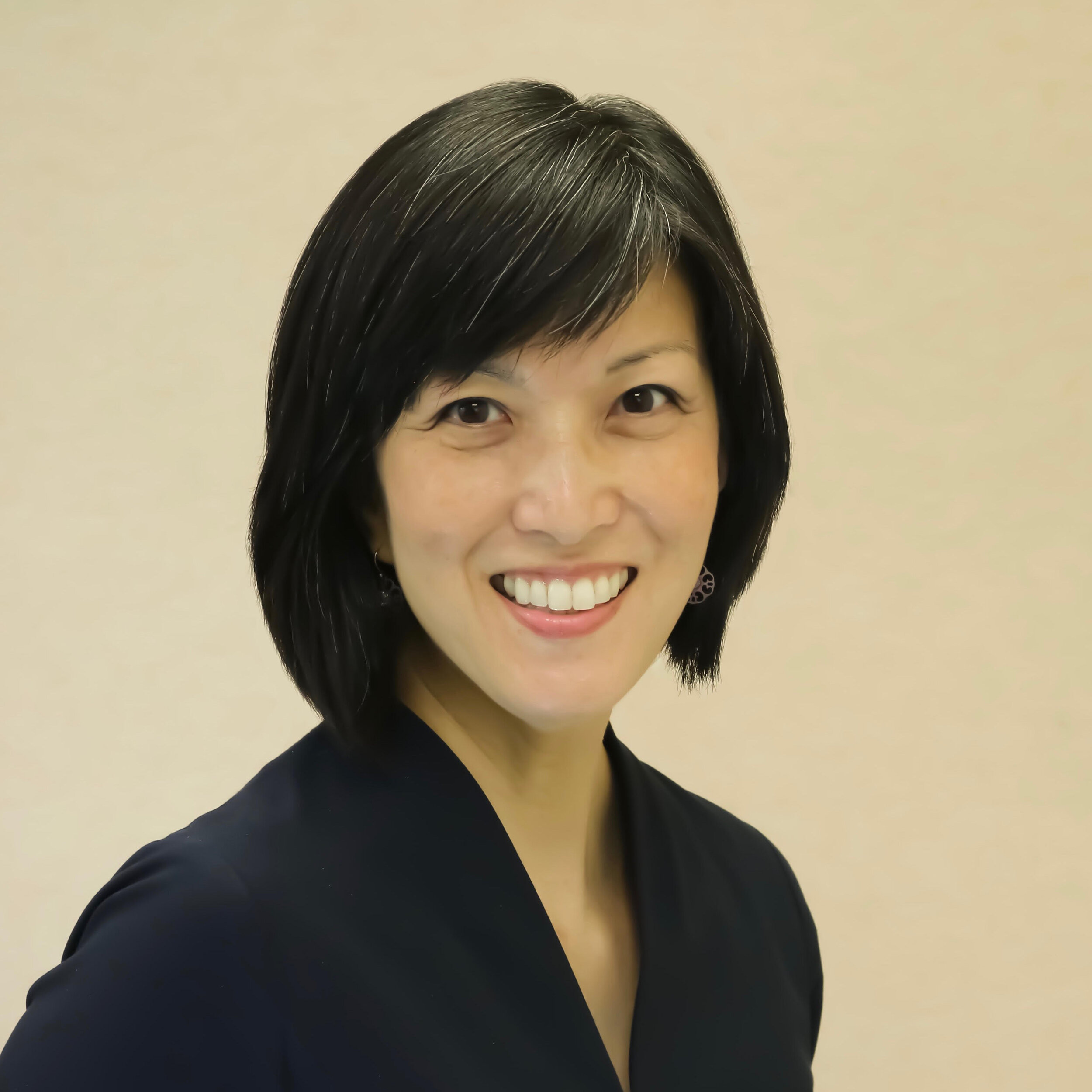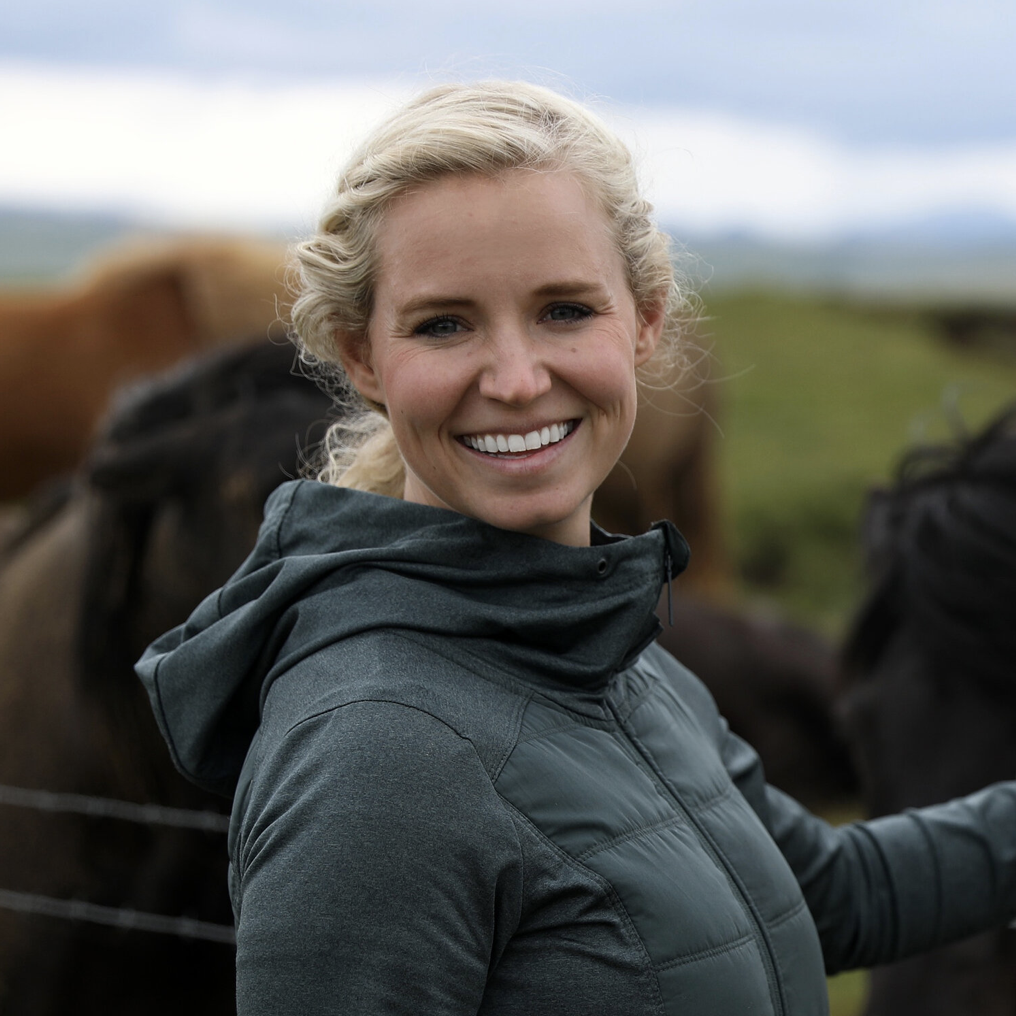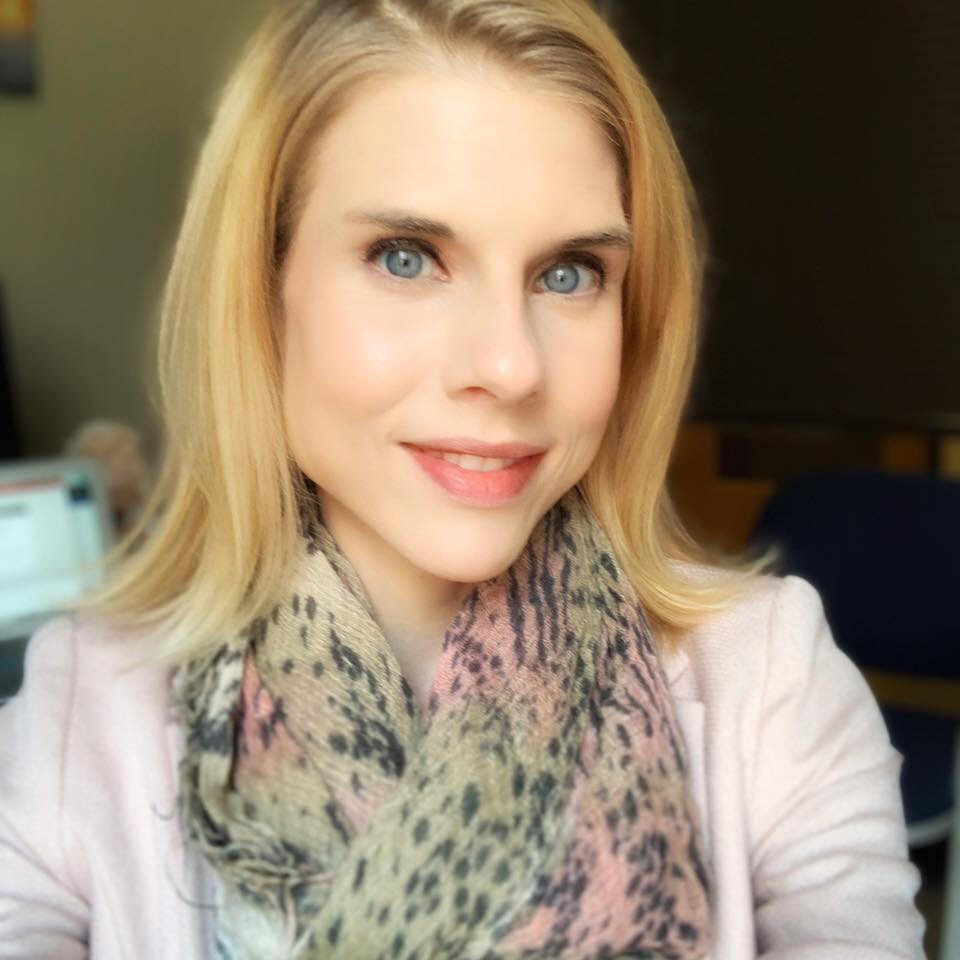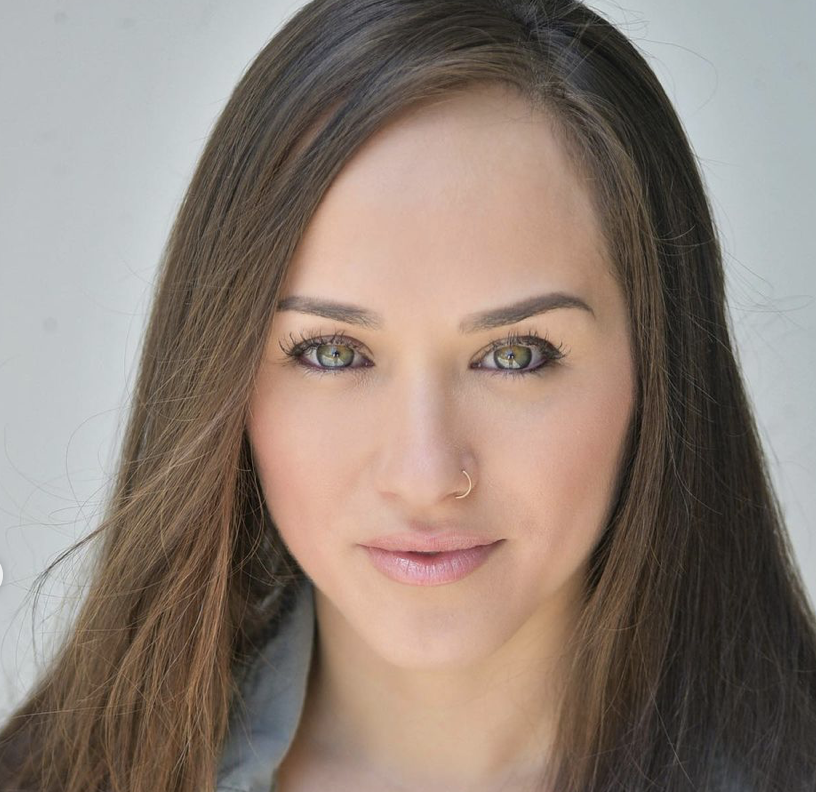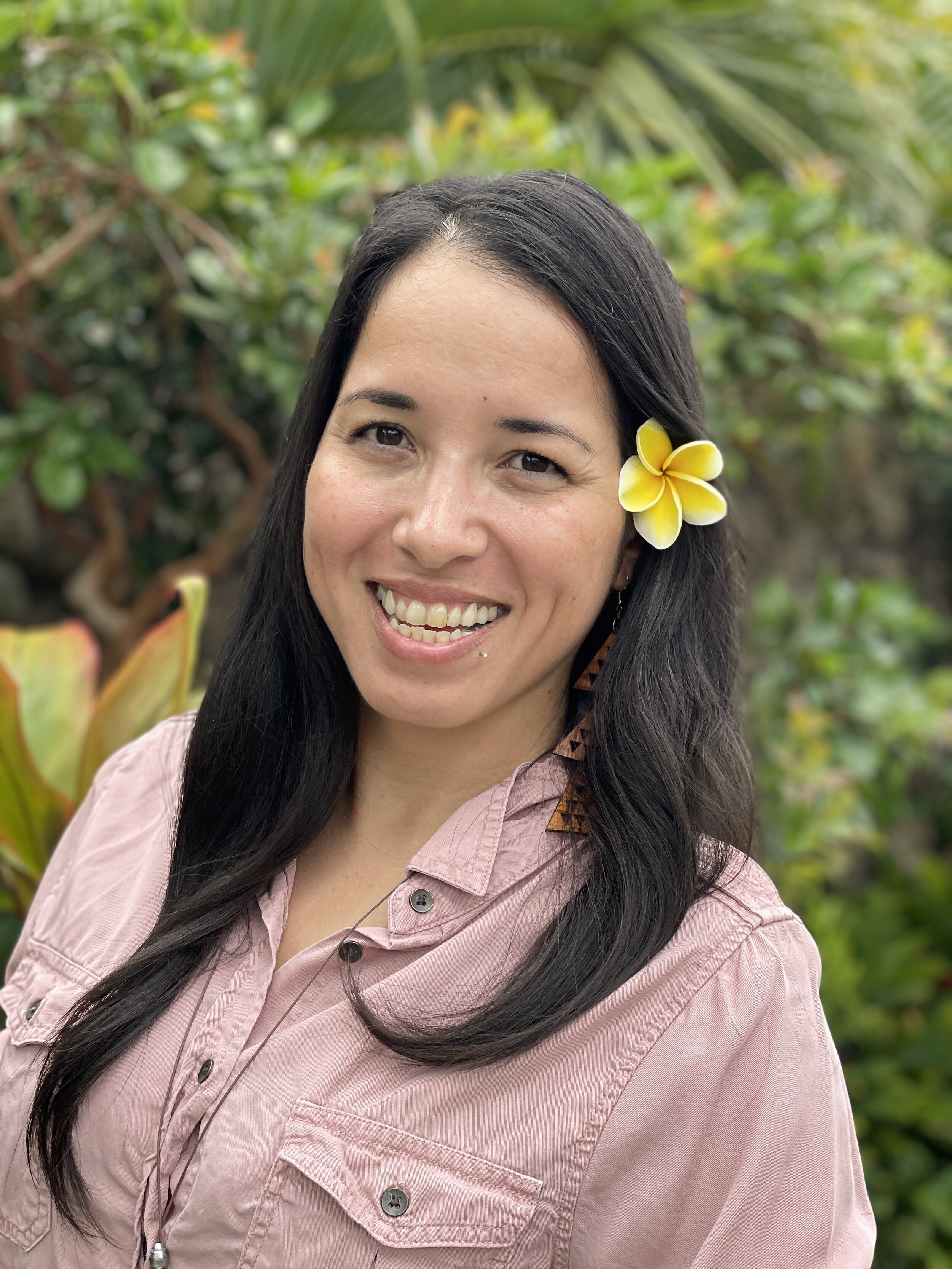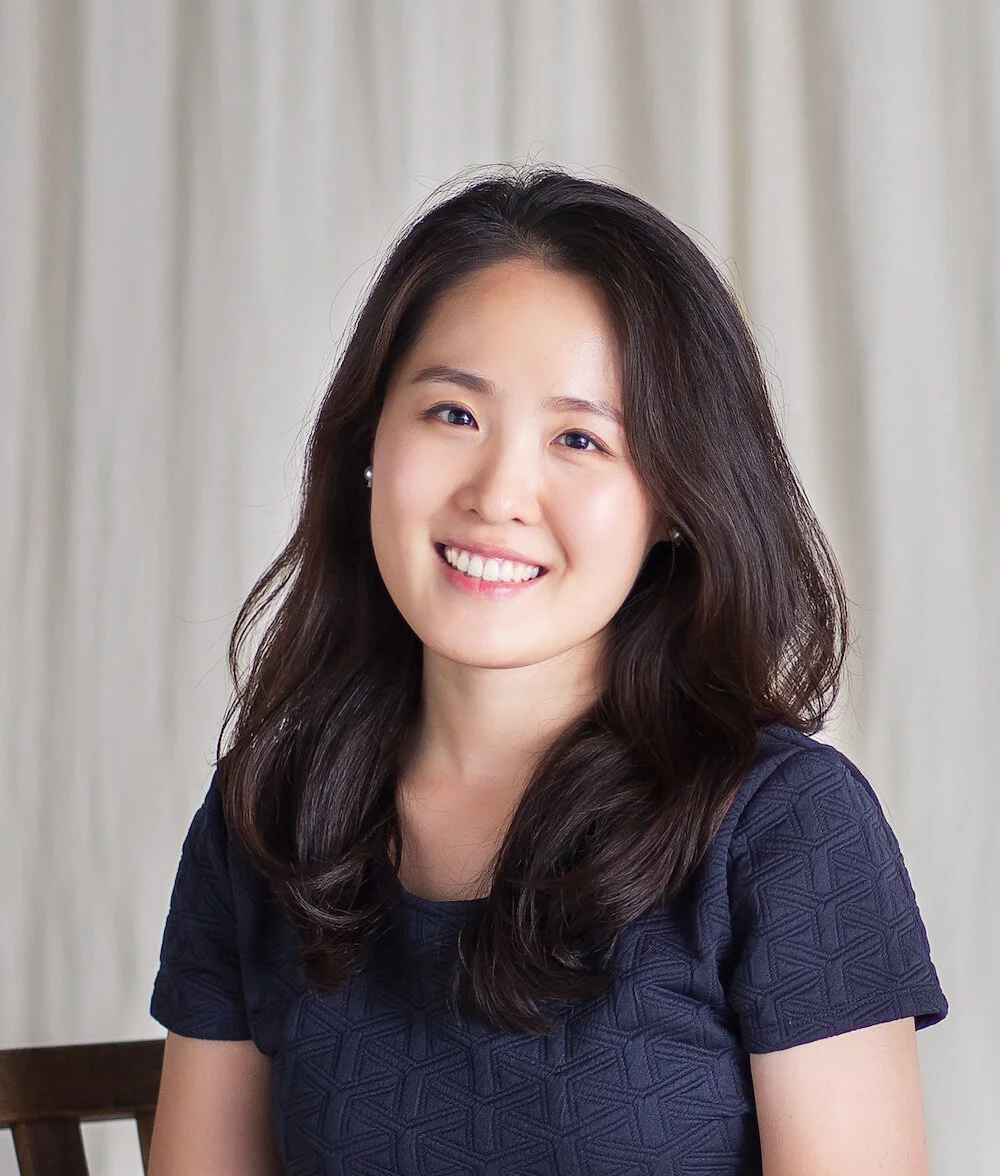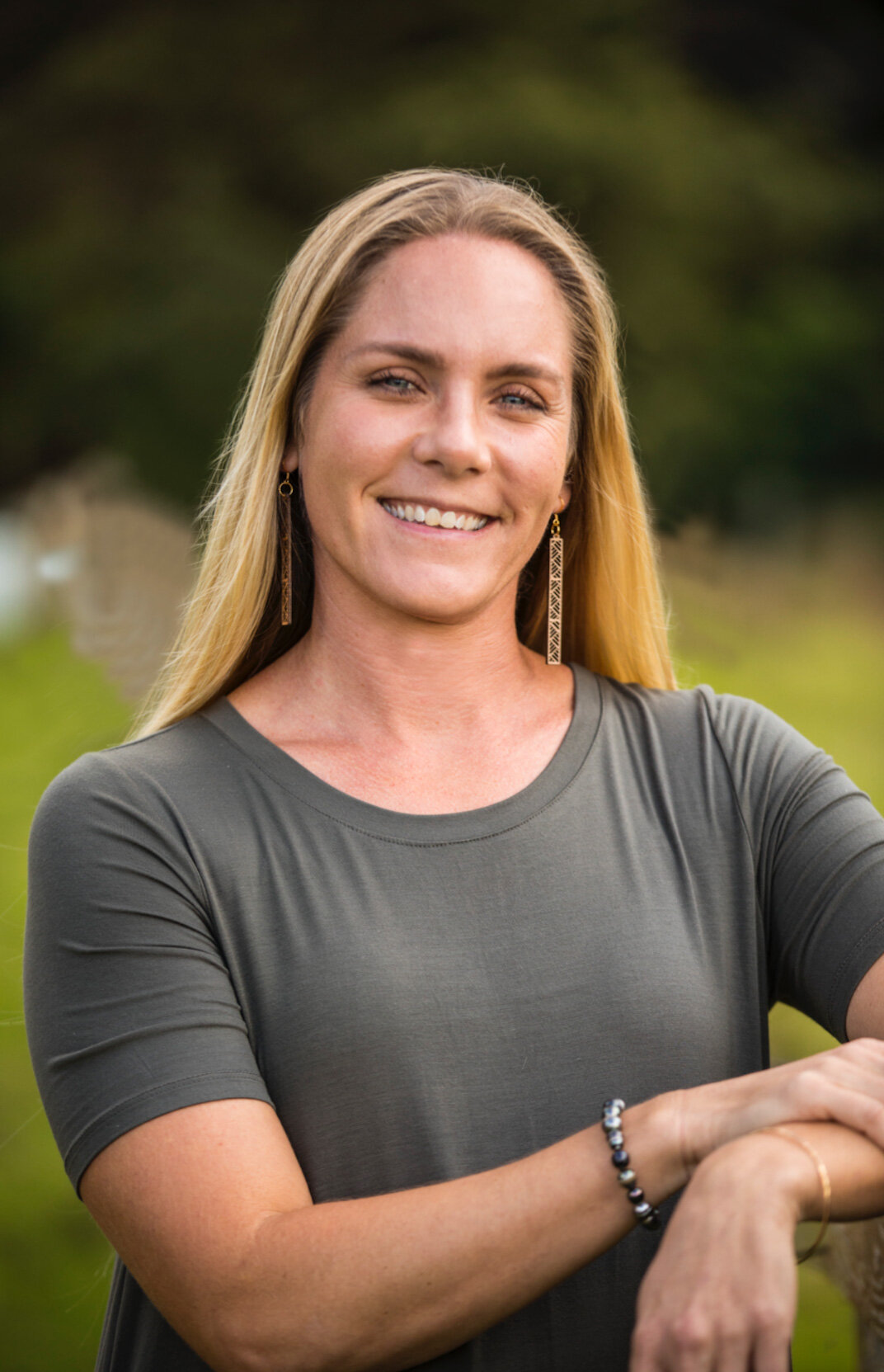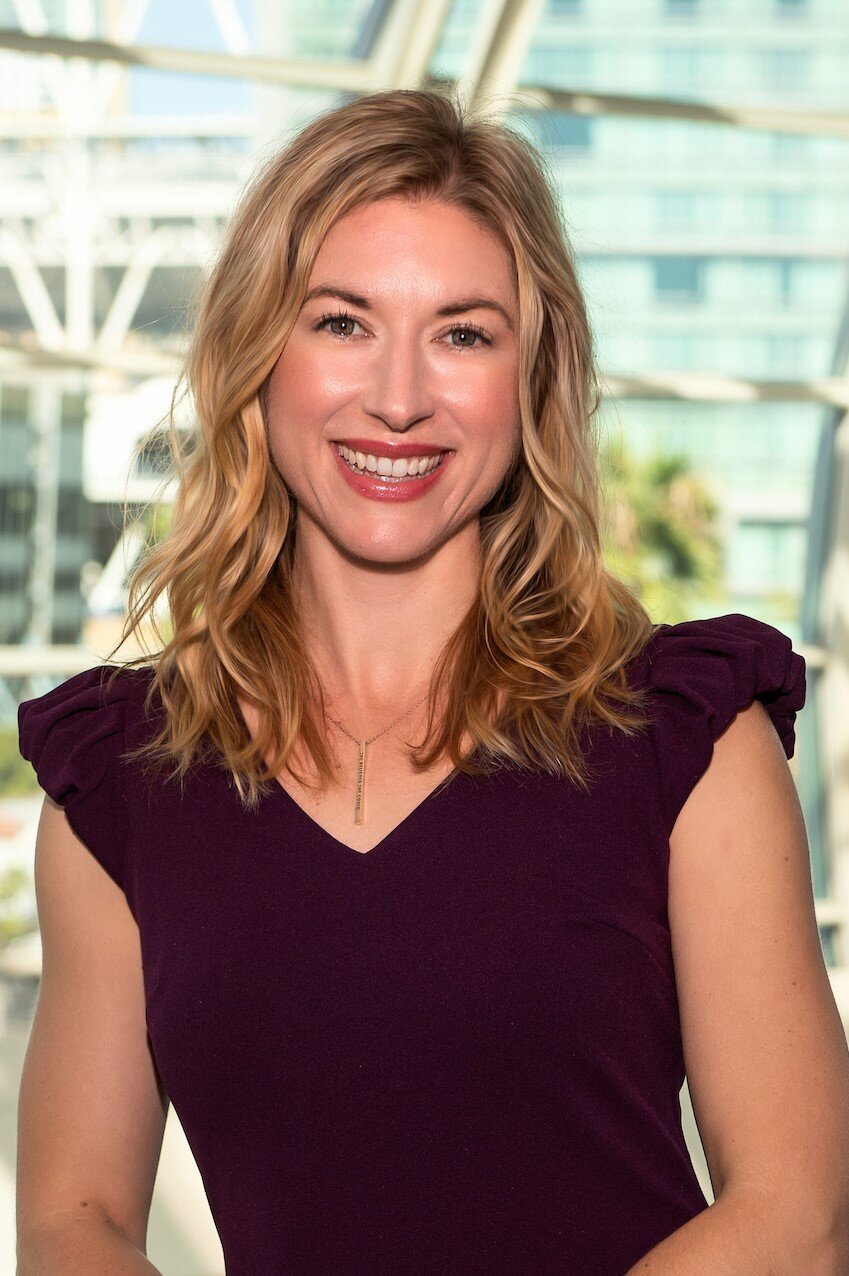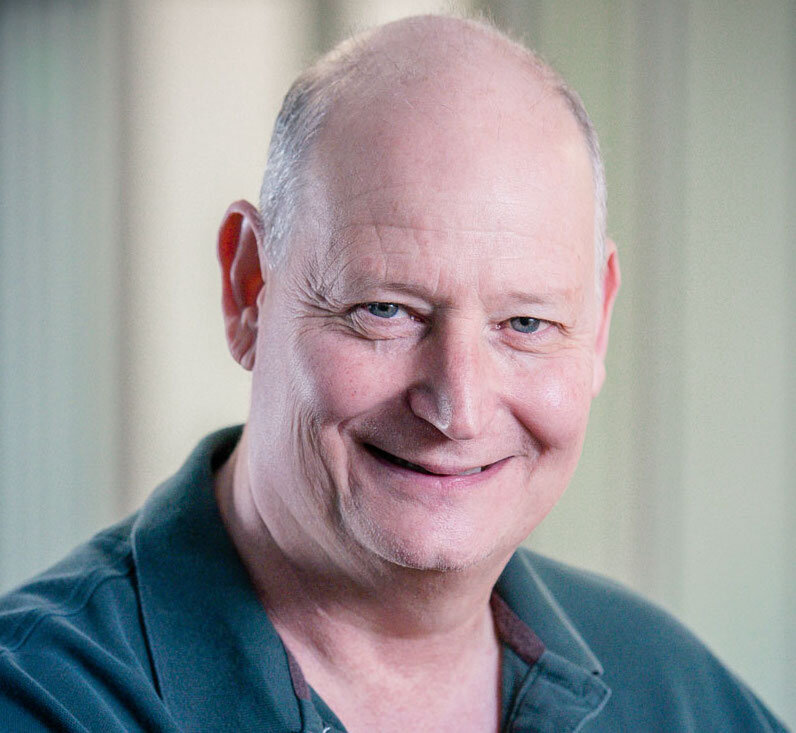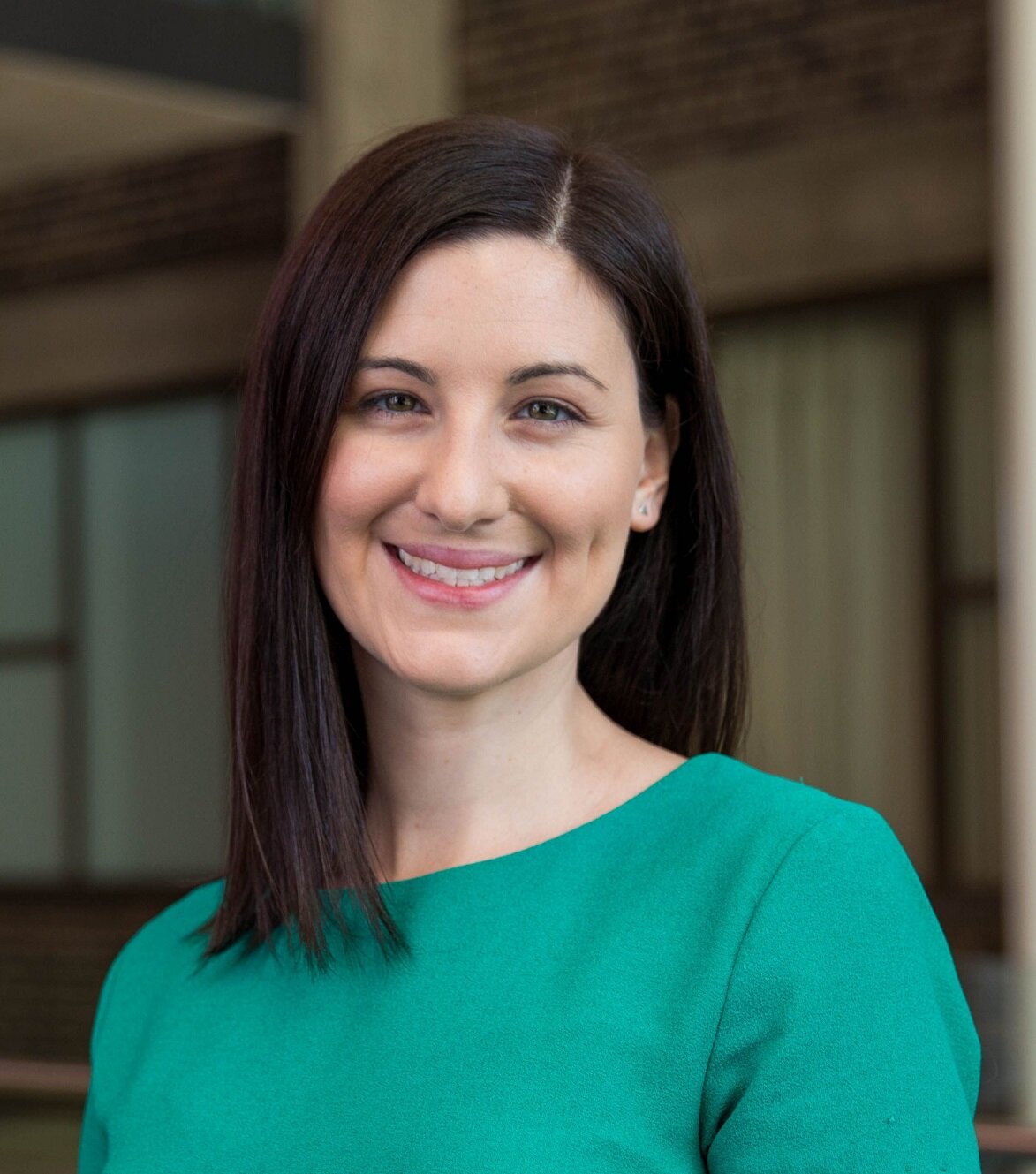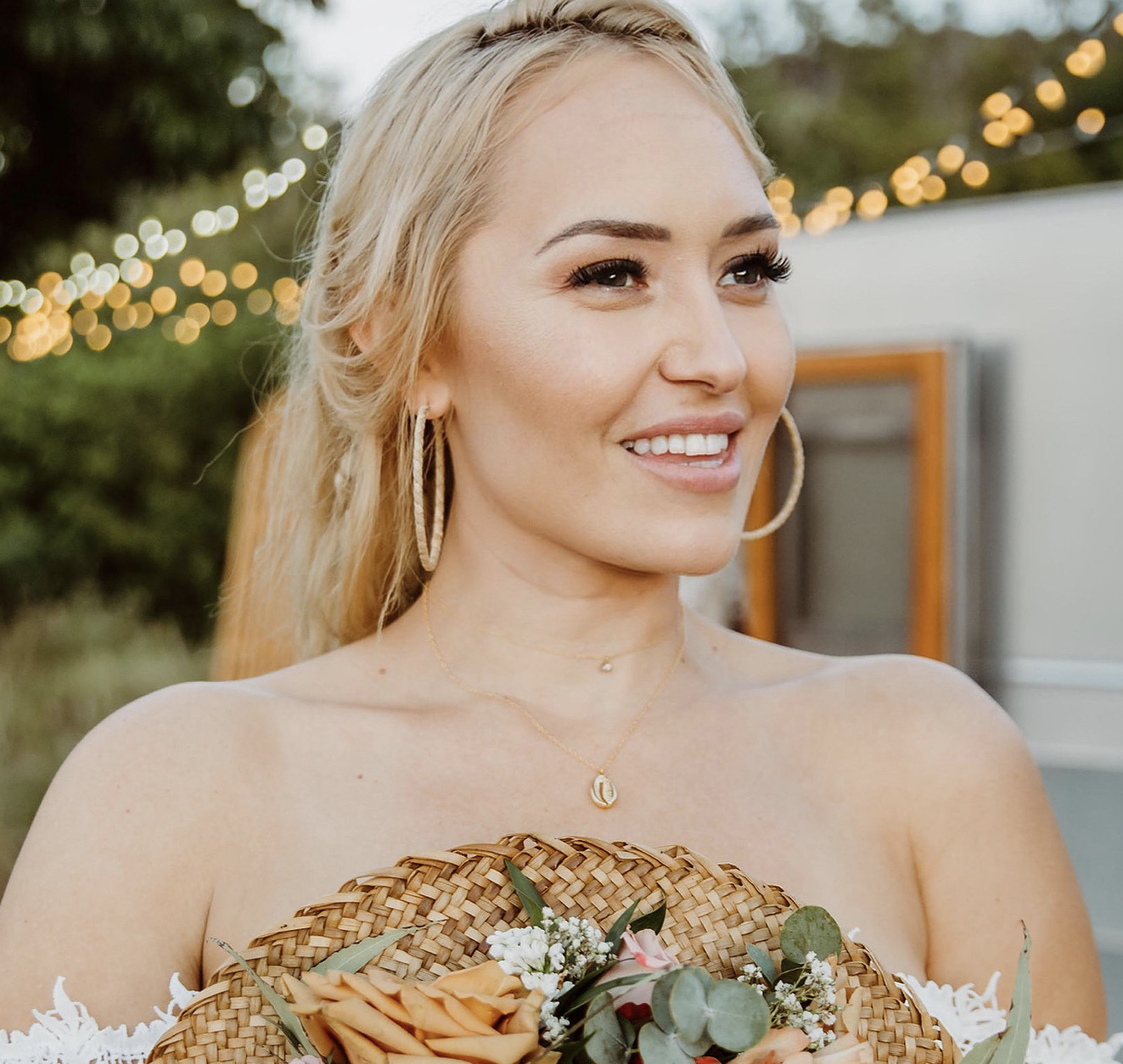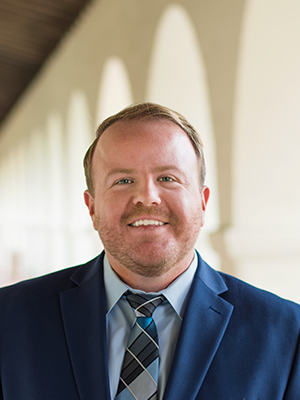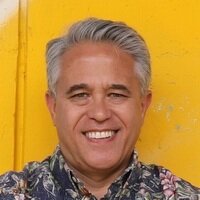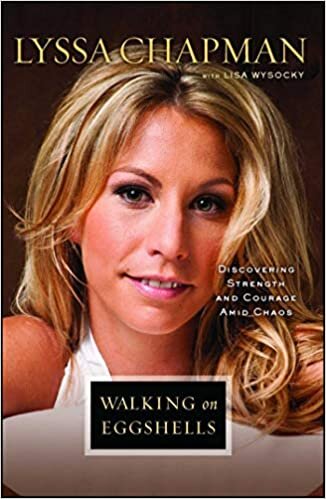Ep. 14: “I’m a drug dealer fleeing the police,” let’s talk about online dating - Lily Diamond, Matthew Martin, Esme Infante - Part 1
Below you will find the show notes for “Episode 14” of the Communification Podcast.
Mahalo for listening! Welcome to the ‘ohana!
Mahalo to the Show Aloha Challenge for donating to the Maui Food Bank as a part of this episode’s pre-roll giveback program!
Main takeaways
Online dating is quite the journey no matter your sexual orientation and gender
Online dating is “work”
Meeting face-to-face quickly helps to not “waste time” on a relationship that won’t work
Meeting face-to-face quickly sometimes leads to uncomfortable (potentially dangerous) consequences
According to our cisgender male guest, “Men are lazy”
Time codes
GUESTS: Lily Diamond, Matthew Martin, Esme Infante
[08:00] FIRST IMPRESSIONS OF WHAT WE LEARNED FROM DR. JEFFREY A. HALL
[13:00] LISTENER SOUNDBITE: DARYL FUJIWARA SHARES HIS EXPERIENCE WITH ONLINE DATING AS A GAY MAN
[18:50] LILY APPRECIATES THE INTIMACY DARYL FOUND IN HIS EARLY EXPERIENCES, BUT PERSONALLY HAS A DIFFERENT APPROACH
[22:00] ONLINE DATING IS “WORK,” BUT THE PLATFORMS HAVE EVOLVED TO MAKE THINGS A BIT EASIER
[25:00] ONLINE DATING IN HAWAII IS DIFFERENT: IT CAN FEEL LIKE YOU KNOW EVERYONE; GUYS NEED TO DO BETTER WITH THEIR BIOS
[26:50] MATTHEW SAYS (INSIDER INFO): MEN CAN BE LAZY AND IT’S PROBABLY NOT JUST A HAWAII THING
[29:00] MATTHEW’S PERSPECTIVE ON CATFISHING: THEN VERSUS NOW
[32:00] HAVE YOU BEEN DUPED BEFORE ONLINE? LILY’S CRAZY EXPERIENCE WITH A DRUG DEALER FLEEING THE POLICE
[38:00] GRANDPA GOOGLE MAKES IT VERY EASY TO FIND OUT DETAILS ABOUT PROSPECTIVE PARTNERS
Lily Diamond bio
Lily Diamond is a writer, educator, and advocate working to democratize wellness through storytelling, accessible practices for nourishment, and revolutionary acts of self-care in relationship to our earth and human communities. Lily is author of bestselling memoir-cookbook Kale & Caramel: Recipes for Body, Heart, and Table, coauthor of What’s Your Story?: A Journal for Everyday Evolution, and her work has been featured in the New York Times, VICE, Healthyish, Women’s Review of Books, Refinery29, and more. She lives in Maui, Hawai‘i, where she grew up, on occupied native Hawaiian land.
Matthew Martin bio
A teacher and poet, Matthew Martin grew up on Hawaiʻi island in the town of Waimea. He currently teaches high school English on the island of Maui and has just earned a M.Ed from the University of Massachusetts. Matthew is the author of U U O U (Cyberwit, 2020) and One For None (Ink., 2010), and has performed on stages in San Francisco, Oakland, Los Angeles, San Diego, Portland, Boston, New York City, Seoul, and Honolulu. His poems have appeared in Bamboo Ridge, ZYZZYVA, Tinfish, PANK, and Sink Review, among others. Matthew has led writing workshops for the Red Cross and the Hawaii Council for the Humanities and was a 2018-19 W.S. Merwin Creative Teaching Fellow.
Esme Infante bio
Esme M. Infante is a journalist and businesswoman with three decades’ experience in communications spanning radio, TV, print and digital media, and public relations. Before her current gig as the education reporter for The Honolulu Star-Advertiser, she was a newscaster and radio host on the highly rated “The Rise & Drive Morning Show with Devon & Esme” on 94.7 KUMU. Other hats Esme wears at the moment: wedding and special events emcee; Promotions Director for the Islandwide Crafts & Food Expos; farmers market manager; and very busy single mom of two very busy teens.
EPISODE 14: “I’m a drug dealer fleeing the police,” talking online dating with Lily Diamond, Matthew Martin, and Esme Infante
Malika:
Aloha everyone. Today we have a full house. I think you can tell, I want to welcome to the show Lily Diamond, Esme Infante and Matthew Martin, all three have had experience with online dating and have listened to Dr. Jeffrey Hall's episode of the Communification podcast, and I can't wait to dig. But as usual, we're first going to do a little recap of what we learned from Dr. Hall on the topic of online dating.
Dr. Hall defined self presentation and talked about how we use that to manage other people's impressions of ourselves. We learned about uncertainty reduction theory, how when we meet new people, we have a lot of uncertainty and we try to reduce that uncertainty, but it's dependent on whether or not we actually want to pursue a relationship over time. So with online dating our desire to reduce that uncertainty kind of skyrockets when we're interested in someone.
Other things discussed: misrepresentation, idealization, the benefits and the problems with online dating, cultural and social differences, and of course, we came away with some research based communication strategies to help navigate through it all.
So to kick off our discussion, was there something in particular that Dr. Hall mentioned that got a reaction out of you? For now, let's just round robin touch upon that, and then we'll go deeper a little bit later. Let's start with you Es.
FIRST IMPRESSIONS OF WHAT WE LEARNED FROM DR. JEFFREY A. HALL
Esme:
Oh, gosh, I think it was the section where he talked about how people manage their image when they're online.
It struck a chord with me for a couple of reasons. Number one, I think because of, and you know this is Malika, when we work in media... So much of our, as journalists, we're managing our, I guess our images all the time. And so where the overlap happens with online dating is then, you're putting out a certain image to let people know what you're doing as a journalist.
There's always this moment when I would do online dating where people would go, aren't you? Aren't you that person? I'm like oh boy, here we go. So there's a certain, like a disadvantage that happens where you're like, what did they know? What were they thinking of me before?
Oh, no. Now what do I have to do to make sure that they know the real, full me? So that's a, there's a difficulty there, I think. But also the fact of people sometimes misrepresenting themselves. I experienced a lot of that, where people would represent themselves in certain ways and then turn out to be something very different. So that really struck a chord with me.
Malika:
Yep. I've heard that from a lot of online daters. Lily, how about you?
Lily:
I was very moved in his discussion about how the pandemic has shifted the experience of online dating. I had two different experiences with that myself, and both of them, what I found overall, was that my experience of connection and the general desire for connection between people was so much stronger because of the fear of the pandemic and the isolation, that so many of us were experiencing. And then, going into the space of actually getting to know somebody and being in a potential relationship, and then relationship with them. Everything was expedited because so many new rules and frameworks had to be in place to deal with safety and to really feel like there was room to create a new relationship.
And so being in the online dating space during the time of the pandemic has just, it's been unlike anything that I've ever experienced before.
And so, what Dr. Hall was saying about how people were more likely to have in-depth conversations, because it was hard to meet up.
I feel like it was that times infinity because there was such a deep longing for connection from people during this time of total abject fear and isolation.
Malika:
Oh, that gave me chicken skin all over. Whew. Yeah. It's been tough for all of us. And I can't imagine also trying to online date during this time... let's go on to Matt.
Matthew:
Yeah. I think first of all, listening to Dr. Hall's words of wisdom I was fascinated by the intuitive nature of the concepts he was talking about. They all seem to really make sense and it seemed very familiar to things I already had in my psyche, but I'd never really taken the time to stop and reflect on impression management or uncertainty reduction theory, and how these concepts like affect our everyday communications with others and our relationships as we start to build them. So just putting kind of a face to the name in a sense was really fascinating to me, but also I really connected with his words on uncertainty reduction theory.
I just got out of a 12 year relationship during the pandemic, which has been an interesting process to say the least. And when I was last single, there was no such thing as online dating in the context that we see it today as far as "apps."
So this process of uncertainty reduction similar to what Lily was saying, it feels like it's in warp speed - warp speed socialization at this point.
And that was fascinating, but also a little scary, I think because profiles can be so personalized, especially on apps, like Hinge shout out to Hinge, I love Hinge. I feel like you really get this sense of who people are very quickly and you can reduce that uncertainty, but at the same time, you do run the risk of being catfished much quicker than perhaps you did in the early 2000s. So yeah, just great to hear his words.
LISTENER SOUNDBITE: DARYL FUJIWARA SHARES HIS EXPERIENCE WITH ONLINE DATING AS A GAY MAN
Malika:
That is so wonderful. It's the perfect segue into this sound bite that I want you guys to listen to. The whole point of this episode is to reflect and share. And I'm so happy that today we have perspectives from a straight man, straight women, and I wanted to bring in the voice of a gay man to offer his perspective as well.
So this listener experience comes from Daryl Fujiwara.
Daryl:
Hey Malika, thanks for inviting me to share... my journey with online dating started in the early nineties through AOL and Yahoo chat rooms before algorithms and AI took all of your likes, dislikes, and identity traits, we had to do that all on our own.
We had to really discover who we were and what we were looking for so that we could find other gay people because back then it wasn't really easy to find, especially on an island.
And so this allowed us to safely engage. Some of them were really brief. Some of them were really beautiful and long. My friends and I, we would print these emails and we'd share them together with each other and made for some really good conversations.
With the growing of technology, so did the sophistication of the chatting and the date app, taking all of your likes and dislikes and really helping you to hone in and even select people for you. And of course you can video chat them and send photos so easily to really show who you are. Before you even meet, versus these very in-depth conversations and emails that you pour all of your truth into, right?
Because that's all you have. If you only have writing, I really feel that it allowed for deeper conversation and back then deeper understanding of people seeing your heart, as opposed to like literally just receiving a photo of yourself.
One of the things with long distance and communication in general, it was like, it allowed you to have really good communication.
Cause that's all you had was either talking on the phone, or these long emails. And today it's driven by your looks and, having clickbait as a photo, do you have a six pack to have straight teeth? Are they white? What do your toes look like? And so even more so now it's not just about who you are, it's about what you look like as well.
Which is really important? It's a huge seller. Back when I started, we didn't really know, what we were going to get. Sometimes these pixelated photos that were scanned in. So that's a little bit about my online dating experience. Thanks for inviting me Malika. Have a great show.
Malika:
Oh, my thank you so much Daryl, for taking us down that blast from the past, the days of printing emails, and all the way through to today where people are asking about your toes.
Okay. I'll say a couple of things really quickly, and then I'm going to throw you guys a couple of questions. So first these dating sites and apps like Dr. Hall was saying gave Daryl more options. I think the stat that Dr. Hall gave us was six in 10 married couples who were a sexual minority met online. So that's wonderful.
Dr. Hall also talked about how online dating is "very curious," he said, because for the first time in courtship development, people have to state all the things that would typically come out naturally in conversation, and now you're listing those things on your profile. And he was talking about it from the self-presentation and impression management side of it that we already have touched upon a little bit. We curate that, he called it strategic self-presentation. It's not necessarily always factual, but Daryl is talking about the actual communication that now, because things are listed, that he felt the discussion doesn't happen. That the self-disclosure that helps us develop the relationship and get closer.
So I have two questions for you. The second one, we'll dive into the strategic self-presentation and misrepresentation, but for now the first one is... do we agree with Daryl with how online dating has changed over the years and how that's impacted our communication when developing a relationship online. And of course, any feedback you have from what Daryl had to say? I feel like it's very nuanced because I've already heard from both Lily and Matthew, about how during the pandemic, maybe we went back to that. I don't know. What do you guys think?
Lily:
I started, I first got online when I moved to San Francisco in 2010 and I got onto OkCupid and I have been on what feels like almost every online dating site and app that exists. From OkCupid to Match to JDate, to Eharmony for a brief bit of time, Hinge, Coffee Meets Bagel. I don't know if anybody remembers that one and it was around for a little while. Tinder, Bumble, what am I missing?
Malika:
All of them, you've been on all of them.
LILY APPRECIATES THE INTIMACY DARYL FOUND IN HIS EARLY EXPERIENCES, BUT PERSONALLY HAS A DIFFERENT APPROACH
Lily:
And I have to say that my experience on all of them has been the same. Like I don't really feel like I can point to one and say, oh, this platform because of the way that it allowed me to share about myself, felt totally different and allowed me to connect with people in a different way.
I am just not somebody that has had a lot of luck on dating platforms online. And for some reason, I still keep going back to them because it feels like one of the options. Now I have primarily dated through being set up with friends, I should say. And like varying degrees of connection.
I have had tons of dates resulting from being on these apps. It's not that I haven't.
I feel like I've probably gone on hundreds of dates from these online dating apps. To me, I'm at a point where going on a date is... I will happily meet somebody for a cup of tea, or a walk, or a drink. It feels like such a low bar of, it's just easy at this point, because I've done it so often it doesn't feel like really high stakes.
And my approach to it is we're just people, we're just two humans trying to figure this out. So let's see if there's something here. But I have not had any singular app or platform that felt really different. And that's part of why I loved hearing Daryl's experience so much because there was something clearly about the intimacy that he found in these earlier experiences of really deep exchange that was very, I don't know, it really moved me.
And I think also because of the sheer volume of like how much I have dated and how much time I've put into it, I don't have the patience for a lot of online, back and forth. So if I'm interested in meeting somebody, I also feel like there is, there's a big limit on how much I'm going to get off of them online.
And I don't want to waste a lot of time, so I would rather just meet them right away. Personally, I don't want to be emailing back and forth, but I love the idea of it in like the nineties, Darryl world.
Malika:
And that's a really good point because when you self-disclose you are essentially starting a relationship. So if you have multiple people that you're interested in, he talked about that concept of work, that like “this is work.” So is that even preferable for some people to be self-disclosing, why not just go straight to let's just meet, see if we click.
Lily:
I will say going through whatever filters of age and location, whatever else I'm interested to see, am I actually interested in meeting this person? I wouldn't just randomly meet with anybody… though the last couple experiences I had were actually not great, but I won't get into that now.
Malika:
Alright, let's move on to Es.
ONLINE DATING IS “WORK,” BUT THE PLATFORMS HAVE EVOLVED TO MAKE THINGS A BIT EASIER
Esme:
So I was excited also to hear Daryl reference the evolution of online dating. I haven't been in online dating, anywhere near as long as Daryl has. My story is, I dabbled in it a little bit after I got divorced in 2014. And it was bewildering to me, honestly, to enter the dating pool that way after I was married for 15 years, I'd been in that relationship for 16, 17 years. And so, making that plunge into online dating in 2014, I was like what is this? So it was so overwhelming and a little bit later, I can talk about the reasons why it was overwhelming, but for anyone who's just started I think maybe you can relate. Certainly even in the short time between when I started and now, it has evolved a lot.
I'll tell you why in a second, why I stopped. I actually stopped, but some of the kind of cool things that have evolved, even in that short time are things like live checks right there on the site where when you sign up, they ask you to not only, obviously you're wanting to load up your bio with a bunch of pictures and things like that, but now you can add videos. A lot of them allow videos, like videos that you post.
A lot of them also require, once you post stuff that you also get online live with someone at that platform so that they can make sure you're not catfishing. So they want to make sure that the person who's represented in the images on your bio are actually the person there at the computer or the phones that you have to actually get live with representative. So they know that you are you.
That is a really cool development in recent years. And I absolutely appreciate that because I didn't get dramatically catfished, but I've had a couple of situations where someone posted photos of themselves 20 years ago and they didn't look any, they were completely changed. A couple of my girlfriends have really like, they've actually been catfished where someone posted completely different pictures of themselves.
Different pictures of other people. And then showed up. I don't know how they thought they weren't going to get found out.
I guess it's like that new movie that's on Netflix right now. It's called "Love Hard." It's actually a cat fishing story, where they thought maybe you'll fall in love with the person in my words first, and then be cool with what, but that starts everything off on a lie to begin with. So it's nice that the technology and everything has evolved to avoid that sort of situation. As you were asking me also how it may have impacted me like the evolution and everything. I think the platforms have evolved to support more meaningful experiences.
I actually stopped online dating a couple of years ago. The part about, I think Dr. Hall may have referenced this, and Daryl as well.
It's work. It is work. And I could, especially during the pandemic as a journalist, I just, my whole focus was taking care of my family and working and I just stopped. It is work.
And the thing that Lily just said a second ago, struck a chord with me where it was like, you just can't waste time. You'd rather just go straight to just meeting somebody in person, because that's the way that you really know that you have a rapport. But I just, I stopped online dating partly because I couldn't afford the time for that amount of work to try to find if someone had a connection.
The other thing is, and we can get into a little bit more of this later, but I honestly, I got tired of the "d" pics... I got tired of the strangely aggressive notes that I would get sometimes from guys.
Just, " Hey, how you doing? Are you interested in the... it was borderline creepy a lot of the times. And I think they thought they were being... Maybe they thought that was cool, but that's, I don't know. Maybe I'm just old and fuddy-duddy or something - like it wasn't my vibe. That was not the jam right there.
I think also it's dating in the Hawaii pool is really tricky because lots of people know each other and I can't tell you how many times I'd get on, I'd see my classmates, I'd see people I'd interviewed for stories.
I'd see people who go, "Hey, aren't you my cousin, or something?"
I'd be like, I'm like, oh, so for those and so many other reasons, I actually stopped.
ONLINE DATING IN HAWAII IS DIFFERENT: IT CAN FEEL LIKE YOU KNOW EVERYONE; GUYS NEED TO DO BETTER WITH THEIR BIOS
Malika:
Yes. I actually heard that experience from so many people in Hawaii. Here's one that was sent in on my Facebook page. I'm going to keep them anonymous. She said that at Polly's one night she saw this guy and she thought he looked familiar and she realized she recognized him from a dating app. And it just made her realize how glad she was that she hadn't posted a picture because once you post your picture, then it's out there for the public and anyone can approach you. And so anyway, she was just very worried about like the sickos and the predators and that side of it. And then of course, a lot of Hawaii people talking about how they basically know everybody who's on the dating app. Why am I even on here? Because these are all people I've already met. I already know.
Esme:
Exactly. Yeah. That's really rough. So there is all of that. The other thing that I was just going to comment on about the Hawaii thing and the evolution of the technology. So much of what a bio is supposed to do for you is again like image management. Impression management. You're trying to put your best foot forward. And one of the weird things about specifically Hawaii profiles and because I am a hetero woman, I'm looking for a guy, and I'm looking at bios for men for hetero men. And I don't know if it's a Hawaii thing. But so many men skipped the bio.
Or just go here are my pictures of me on my boat, whatever it is.
Malika:
I heard that a lot.
Esme:
It's a thing. And and I don't know if that's a particular thing about Hawaii. I don't know how I'm supposed to make a connection with a bio that has next to nothing. It'll just say, ask me something.
Nobody has time, especially in this day and age and online dating being work, it takes... you don't have time. So I just, I gave up on it at least for now.
Malika:
Fortunately, we've got a straight man here to tell us about his perspective, Matthew.
MATTHEW SAYS (INSIDER INFO): MEN CAN BE LAZY AND IT’S PROBABLY NOT JUST A HAWAII THING
Matthew:
Yeah. So I would say that a lot of that, what Es was just describing, does have to do with laziness.
A lot of men are not willing to put in the work for many things in their lives, including finding a wonderful partner. Sorry guys, straight guys, but it's true. And then also, unfortunately I think there are a lot of men on dating apps, straight men who are interested only in more of the physical parts of online dating.
And so they don't really see the need to really bare their souls or put in the effort, to try to find maybe a lifetime partner, a long-term partner. So I have a feeling that is not specific to Hawaii, but perhaps it is. I hope not, but I don't think so. And then also... Lily is shaking her head "no" - yeah, San Francisco as well.
Going back to online dating and Hawaii, I got lucky. I'm from the Big Island and I now live on Maui. So I don't know anyone on the profiles that I'm looking at. So my advice to everyone, move to a different island and then you'll be okay, but going back to Daryl and his story. First of all, the intimacy and vulnerability and the tenderness that he shared was just, it kind of broke my heart, in a great way. I wish nothing but the best of your Daryl, I hope Daryl is happy and seems like a lovely person deserving of a wonderful partner. I can definitely relate to what Daryl was saying about looking for that connection and that intimacy that seems like maybe more difficult to achieve online because it seems as though we live in the matrix now with online dating and whatnot.
But I find that because there's so much specificity that you can put into your profile, it's almost easier to get to that point, although you do have to put in that work of sifting through the profiles and finding who is someone that is a potential match for you, because all of that information is already available to you.
I think that instead of spending weeks writing these deep passionate emails to each other, you can get to that phone call or that FaceTime much quicker. And it's almost as though the process of trial and error has been expedited for us and I think it's easier to get to that point of intimacy.
MATTHEW’S PERSPECTIVE ON CATFISHING: THEN VERSUS NOW
And also I was thinking, Daryl's thing, everything is about the image now and you can be catfished more easily than maybe back in... I'm a teacher, a high school teacher, and my students like to say back in the late 1900s... I'm like thanks guys. Wonderful. But sure, maybe because everything is digital and online now that the image is more important.
I've found that, I've chatted with people in the nineties when I was growing up as a teen and it was much easier to hide who you were back then. I think it takes a lot of effort these days to make a whole catfish profile with pictures and fake responses. And back in the nineties and early two thousands, it was very easy to even create a persona.
That's the thing about these long emails. They take time to construct and they take time to craft and you have a lot of time to build a mask or maybe a fake persona for yourself. Whereas now I find, again Hinge is the app I met my partner on and when you match with someone it tells you, 70 or 80% of Hinge users would prefer a live phone call or a live video chat right now, you should try that.
And so I think that some of these platforms realize these issues that we're talking about and they do, they are businesses and they want to be successful, but at the same time, their product is a tool for us to find love and find the companionship. So they do want to make it pure and easy and user-friendly and authentic as possible. So I do understand what Daryl is saying. Absolutely. About how shallow it may seem or surface level things may seem with filters on pictures and whatnot. But at the same time, I think it's a means to an end to get to that place of intimacy more quickly these days.
Malika:
Super interesting point that you bring up about back then, you could be more anonymous and also there was less stuff on the internet. And so you go back to warranting theory. There weren't a lot of warrants. You didn't have the receipts, to go and really check who this person actually is. Today, everybody has some kind of a presence online, so you can find them on the social sites, Facebook, Instagram, LinkedIn, maybe even an article was written about them. Throughout your life, the internet is collecting information about you. And so when you hop on these online dating sites, you can go and fact check and look things up. And like you said, it does take a lot of effort to really dupe someone to that extent. So that's a really good point and… you are perfect at segues Matthew.
So the second question was about this strategic self-presentation or strategic misrepresentation that Dr. Hall has studied. So have you been duped before? And also the other side of it. How do you present yourself? Are you presenting a promise as Dr. Hall said that research suggests?
HAVE YOU BEEN DUPED BEFORE ONLINE? LILY’S CRAZY EXPERIENCE WITH A DRUG DEALER FLEEING THE POLICE
Lily:
I have not been duped before. Actually, not in that straightforward of a manner, but the second to last date that I went on that was from Bumble, was an absolute nightmare. And it wasn't because, I guess you could say this person misrepresented themselves, but it was a series of events that he just had not given me very much information. And as I said, I think that I got a little bit lazy about being really, just my level of discernment was slightly lower than it has been in the past.
I'm not sure why, but I knew that this guy was from Los Angeles. He had moved to Maui and he told me that he owned a vegan restaurant in LA and he had told me which one. He wanted to meet at a beach and it turned out when we got... sorry, I wanted to meet at a beach. I often like meeting outdoors, especially during COVID because there are people around and you don't have to worry about being inside.
And then last minute he switched the location. And I said, yes. And it was just a different beach. And I said, yes, but when I got there, there was nobody else there.
And I should've left immediately, but I did not. And the whole story is so bizarre. I'm not going to get into the whole thing, but I ended up staying for 26 minutes before I got the heck out of there.
It turned out. He told me within the first, literally 90 seconds, I am not exaggerating - that he was a drug dealer who was fleeing the police and almost immediately was like, if you want to go, you can go. But I was scared for a number of reasons about retaliation. I couldn't tell... He did not seem totally in his right mind.
And I could see my car from where we were fortunately, and like at several different points, I was calculating what I could do to get to my car and maybe say I had left a towel there or something and then just get the F in my car and drive away. But he also had a backpack with him and forgive my extremism, but I was like, I don't know, what's in that backpack.
And I was just, I felt every 30 seconds I was like recalculating what my risk level was and like when would be safe for me to actually leave. And I just figured it out and finessed it so that I left at a juncture where it was a natural transition, and he obviously knew that I was not interested.
I'm also a writer and a storyteller, and as terrified and freaked out as I was, I also wanted to know a million things about this insane story that he was telling me. But inside I was like, “Lily, you cannot ask him anything.” I was like, ask him nothing. Do not say a word. I was like, you can't ask him anything because first of all, who knows if what he was saying was even true.
Second of all, if it was true, I don't want to be called in on this case, I don't want to know anything more than what you know, I already was.
So when I got out of there, I literally, I was like, Holy crap. That was absolutely insane, I thought for sure, I had been on the worst of online dates.
I was like I have peaked. I've jumped my own shark. That was by far the worst online date, hopefully that I will ever go on. And I shortly thereafter started dating somebody, not from an online site. And we have since broken up and I've gone on one other date since then, which was also weird because the second thing I want to touch on just very briefly, going back to this question of dating in a small pool, dating on an island and in particular dating specifically in Hawaii during the pandemic.
My experience has been that 70 to 80% of the guys that I see online are either just passing through, thought it would be super fun to come hang out on Maui in quote unquote paradise during the pandemic, because they didn't have to be in office, want a tour guide, or have just moved here and want to get a sense of the place and make friends.
And I'm just like, dude, I am not a tour guide. Have a good life. I'm sorry, but that is not what I'm here for.
And the attitude also of a lot of people who have just moved here and the amount of sort of entitlement and the feeling of owning the place and having just free rein to do whatever they want, because it's a pandemic and they don't have to be in their offices. And they figured out they could work from Hawaii, has just been very disturbing.
Malika:
That's a whole other bag of worms right there, but you did touch upon what Dr. Hall was talking about with the safety issues with women, that having more of an online space to first get to know and filter through can be helpful for women because in person we do have more safety issues than men would have.
GRANDPA GOOGLE MAKES IT VERY EASY TO FIND OUT DETAILS ABOUT PROSPECTIVE PARTNERS
Lily:
And the I'll just say quickly, like about my own representation. And even in that situation with this guy. I had another experience I think a couple of weeks prior with somebody that I went out with who before, I don't know if I ever even told him my last name. Maybe we had gone out and maybe we hadn't, I can't remember.
But he found my books and was texting me about it. And I said, how did you find me? And he said, oh, I just typed in “Lily + author + Maui.” I was like, cool.
Malika:
Yeah. Going back to how easy it is to fact check to find people because the internet has everything on it. It's grandpa Google, you can find out anything about anyone, which is a wonderful thing about the internet, but when it comes to online dating, that can be a little scary.
Lily:
Yeah. And so sitting with this guy, fleeing the police on a beach, I was also just... if I upset him, he could so easily find me. So that was another layer of the fear there. Yeah.
Malika:
Oh, so scary. So the other thing I talked to one of my girlfriends who wanted to be a part of the podcast, but wanted it to be anonymous.
I'm still trying to figure out what to do. I might just make it a total separate episode, but she talked about how the men that she finds on online dating profiles, a lot of them are taken. And again, to your point of being able to find things out. It's not even that hidden. If she just goes on Instagram, she can find the person and see, oh, they're in a relationship.
So anyway, just wanted to bring that one up, but let's head over to Es and talk about this. Have you been duped and also, if you want to talk about how you present yourself, do have you ever presented a promise of your future self or ran into that?
Esme:
<Laughter>
Part 2 of this conversation will be in Episode 15 of the podcast!
References
Dr. Jeffrey Hall’s Google Scholar page
Art Ramirez Google Scholar page
Erin Sumner Google Scholar page
Liesel Sharabi Google Scholar page
Sara Konrath Google Scholar page


